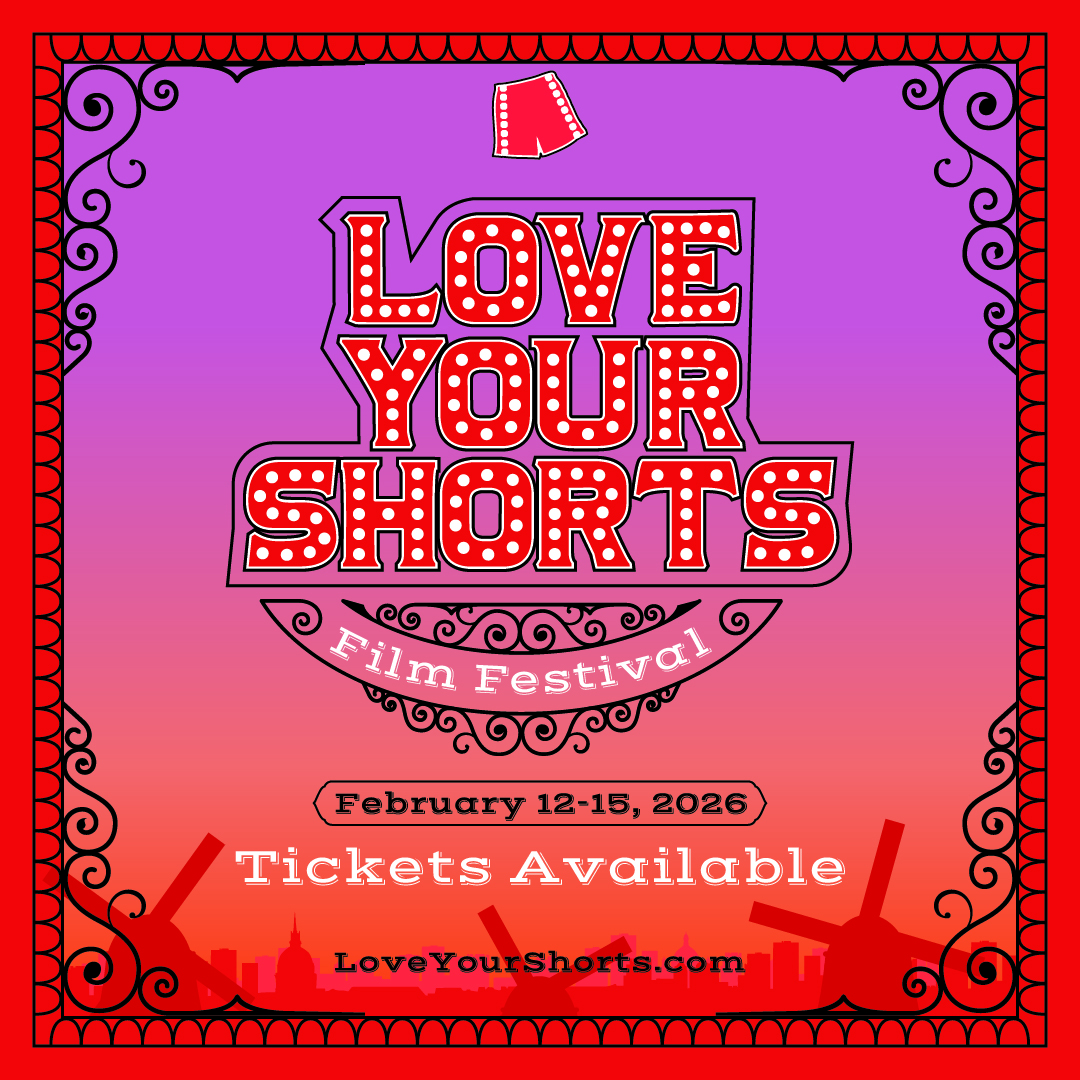Scotland 27
Listen to Scotland 27, a 30-year-old man from Airdrie, near Glasgow, Scotland. Click or tap the triangle-shaped play button to hear the subject.
Both as a courtesy and to comply with copyright law, please remember to credit IDEA for direct or indirect use of samples. IDEA is a free resource; please consider supporting us.
BIOGRAPHICAL INFORMATION
AGE: 30
DATE OF BIRTH (DD/MM/YYYY): 09/06/1988
PLACE OF BIRTH: Airdrie, Scotland (outside Glasgow)
GENDER: male
ETHNICITY: Caucasian/Scottish
OCCUPATION: associate professor
EDUCATION: undergraduate degree
AREAS OF RESIDENCE OUTSIDE REPRESENTATIVE REGION FOR LONGER THAN SIX MONTHS:
The speaker lived in London for three years and had been living in the United States for 11 years at the time of this recording (six years in Phoenix, Arizona, and five in Boston, Massachusetts).
OTHER INFLUENCES ON SPEECH:
In his professional dance career, the speaker toured internationally with artists from different language backgrounds.
The text used in our recordings of scripted speech can be found by clicking here.
RECORDED BY: Bryn Austin
DATE OF RECORDING (DD/MM/YYYY): 09/04/2019
PHONETIC TRANSCRIPTION OF SCRIPTED SPEECH: N/A
TRANSCRIBED BY: N/A
DATE OF TRANSCRIPTION (DD/MM/YYYY): N/A
ORTHOGRAPHIC TRANSCRIPTION OF UNSCRIPTED SPEECH:
Uh, so I grew up in a small, uh, town, just outside of Glasgow, uh, called Airdrie. A-i-r-d-r-i-e. Uh, it’s a very small town, not much to it: uh, lot o’ steel works, which, uh, my father was, uh, was a foreman, and my mother, uh, was, a stay-at-home mother. Uh, I did a lot of, uh, football, also known here in America as soccer, and did a lot of after-school sports, which, uh, ballet included. And, uh, took that up, got into school in Glasgow, where, uh, I spent four years in Glasgow. Uh, again, Glasgow is a very, uh, at the time, up-and-coming area; they were putting a lot of money into the main street there, Buchanan Street in particular. Uh, and, uh, after I spent my four years at high school, at a performing-arts high school, I got into the Royal Ballet School, in London, where I spent three years, where I had to basically tone down my language, speak very slowly, at first, uh, which was strange because it, it’s the English language, but, uh, our would’naes and could’naes didn’t really, uh, go down too well in London, so I learned to, uh, basically alter the way I was speaking. Made a great group of friends, graduated when I was 19, moved to America with my older brother, uh, Ross. Uh, Arizona: learned to speak a little bit of Spanish there and, again, had to learn to slowly dilute my accent, speak very slowly, and, uh, I think it’s kinda, a little bit Americanized now, certain words.
TRANSCRIBED BY: Bryn Austin
DATE OF TRANSCRIPTION (DD/MM/YYYY): 09/04/2019
PHONETIC TRANSCRIPTION OF UNSCRIPTED SPEECH: N/A
TRANSCRIBED BY: N/A
DATE OF TRANSCRIPTION (DD/MM/YYYY): N/A
SCHOLARLY COMMENTARY:
As the speaker discusses in the conversational section, his speech pattern is slower than many native Scots speakers, a conscious adjustment he made to his dialect as he adapted to studying in London and working in the United States. Still, his speech pattern retains phonemes that are traditionally found in many Scottish dialects but not in General American speech, including [e] in the FACE lexical set, [o] in the GOAT lexical set, and [a] in the TRAP lexical set.
COMMENTARY BY: Bryn Austin
DATE OF COMMENTARY (DD/MM/YYYY): 10/04/2019
The archive provides:
- Recordings of accent/dialect speakers from the region you select.
- Text of the speakers’ biographical details.
- Scholarly commentary and analysis in some cases.
- In most cases, an orthographic transcription of the speakers’ unscripted speech. In a small number of cases, you will also find a narrow phonetic transcription of the sample (see Phonetic Transcriptions for a complete list). The recordings average four minutes in length and feature both the reading of one of two standard passages, and some unscripted speech. The two passages are Comma Gets a Cure (currently our standard passage) and The Rainbow Passage (used in our earliest recordings).
For instructional materials or coaching in the accents and dialects represented here, please go to Other Dialect Services.
 IDEA: International Dialects of English Archive
IDEA: International Dialects of English Archive




